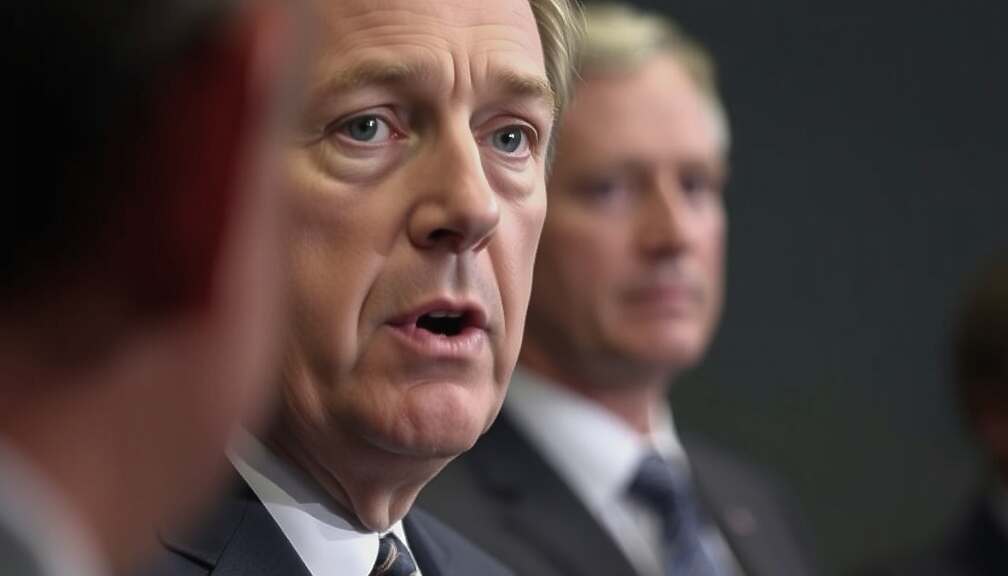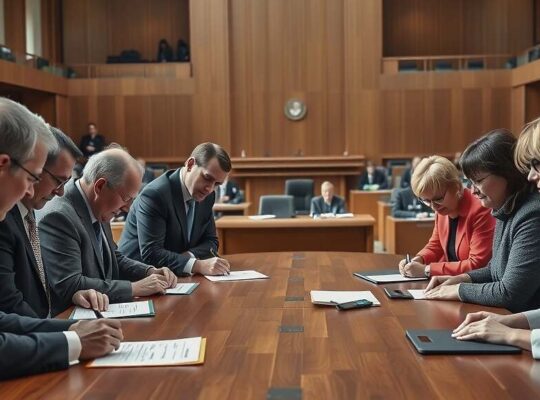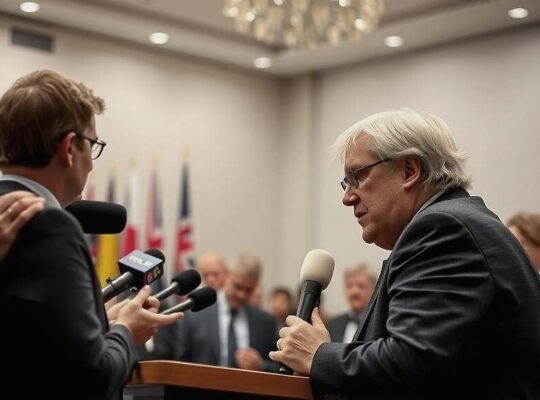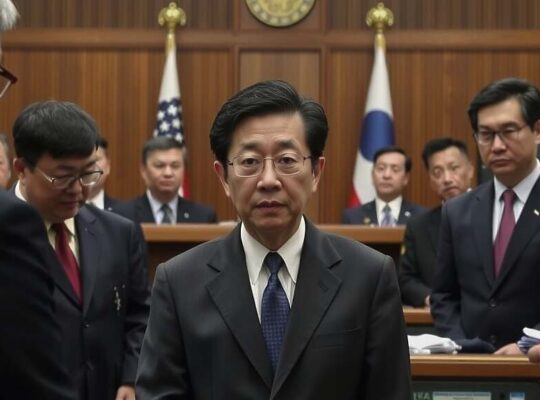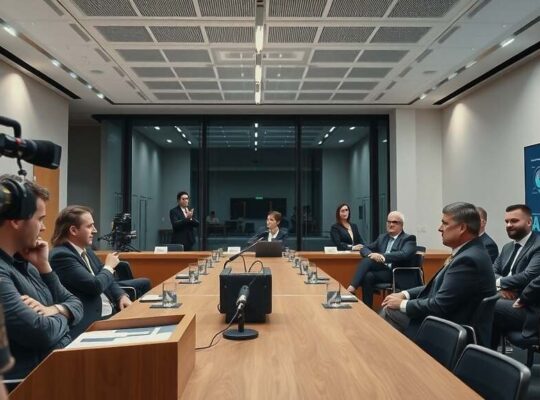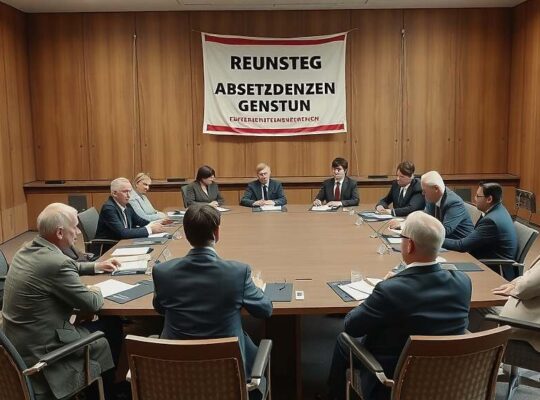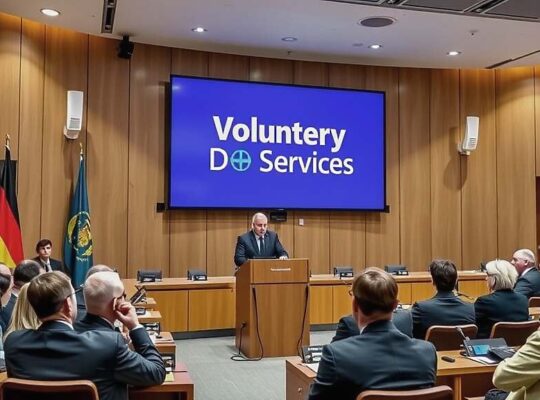A dispute is escalating within the German government concerning the proposed new system of military service, specifically whether it should include a compulsory element under certain conditions.
Defense Minister Boris Pistorius (SPD) recently outlined the key aspects of his draft legislation to representatives of the governing coalition’s parliamentary groups. The plan envisions recruitment of 15,000 new conscripts as early as 2026 and a total of approximately 114,000 by 2029. However, Pistorius reportedly did not specify a timeframe or metric to trigger a review of the system or potential mandatory service obligations.
The draft law is designed to avoid an automatic escalation to compulsory service. Instead, Pistorius intends to retain the authority to determine when the Bundeswehr’s personnel needs are not met. In such circumstances, he would present a separate draft bill proposing the reintroduction of conscription, requiring approval from the cabinet and a majority vote in the Bundestag.
Norbert Röttgen, parliamentary group vice chairman of the CDU/CSU, voiced criticism of the proposed approach. He underscored statements suggesting Russia’s potential for large-scale military action in Europe within four to five years and concerns over potential attempts to test the credibility of Article 5 of the NATO treaty. Röttgen argued that this threat landscape should be the sole basis for evaluating the new service model.
He cautioned against Germany repeating past failures by failing to adequately prepare for potential risks. Röttgen stated that Pistorius’s proposals, despite containing several positive ideas, currently fall short of what is needed. A crucial element, he emphasized, is a considerable increase in active military personnel – from the present 170,000 to 260,000 by 2035, a commitment Germany has made to NATO.
The precise timeline and target numbers for achieving this increase in permanent personnel remain unclear. Röttgen advocates for the draft legislation to include a specific timeframe and quantifiable goal for the expansion of active military forces. He further argued that failure to reach this objective within the defined period should automatically trigger a transition from voluntary service to compulsory conscription.
According to the draft’s outline, all young men and women of each age cohort will receive a communication requesting information about their skills and willingness to undertake military service. Respondents will be required to attend a selection process. Pistorius aims to circumvent a return to compulsory service by making military service as attractive as possible; however, experts question whether this strategy will be sufficient. The draft law is expected to be approved by the cabinet at the end of August, followed by deliberation in the Bundestag.


